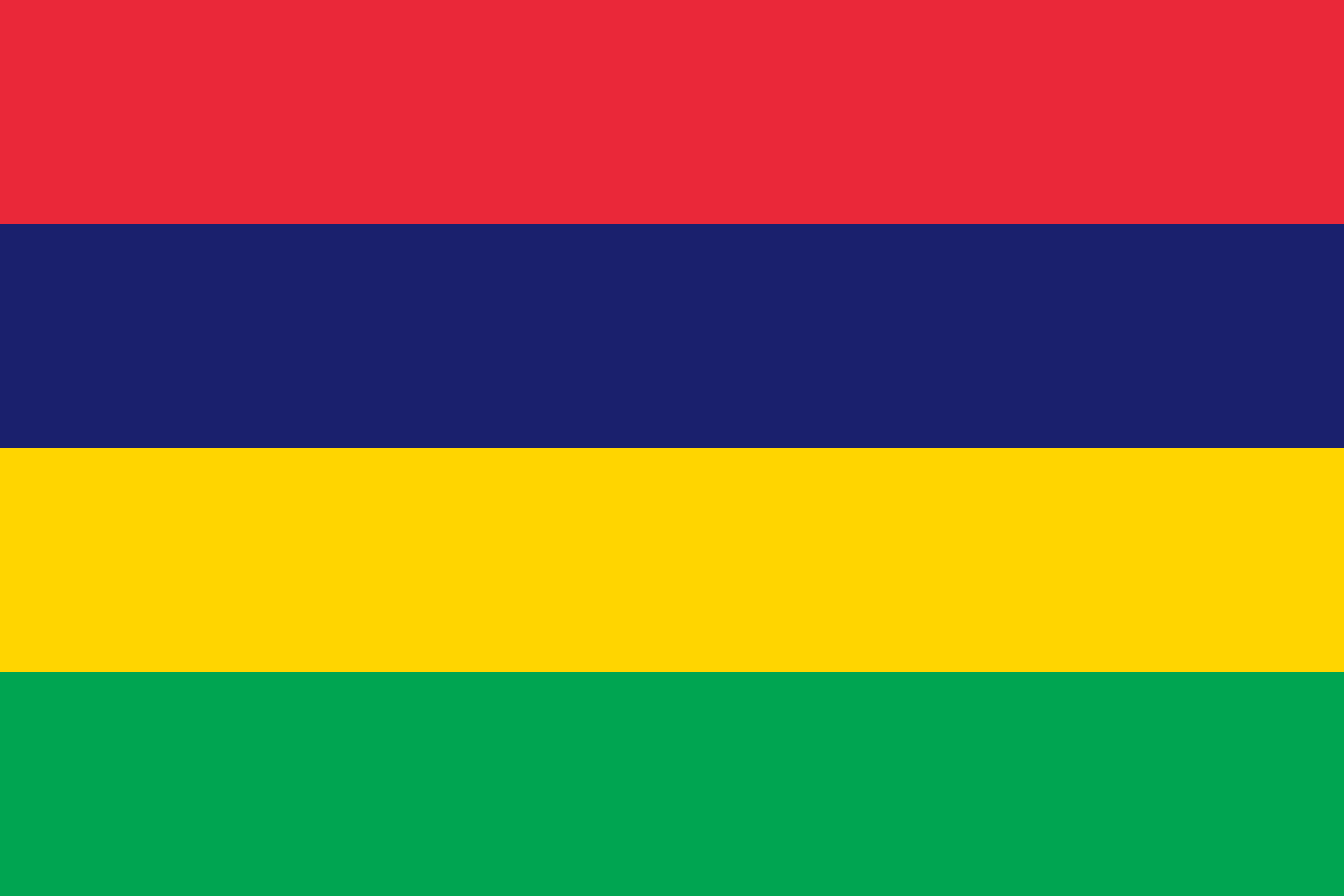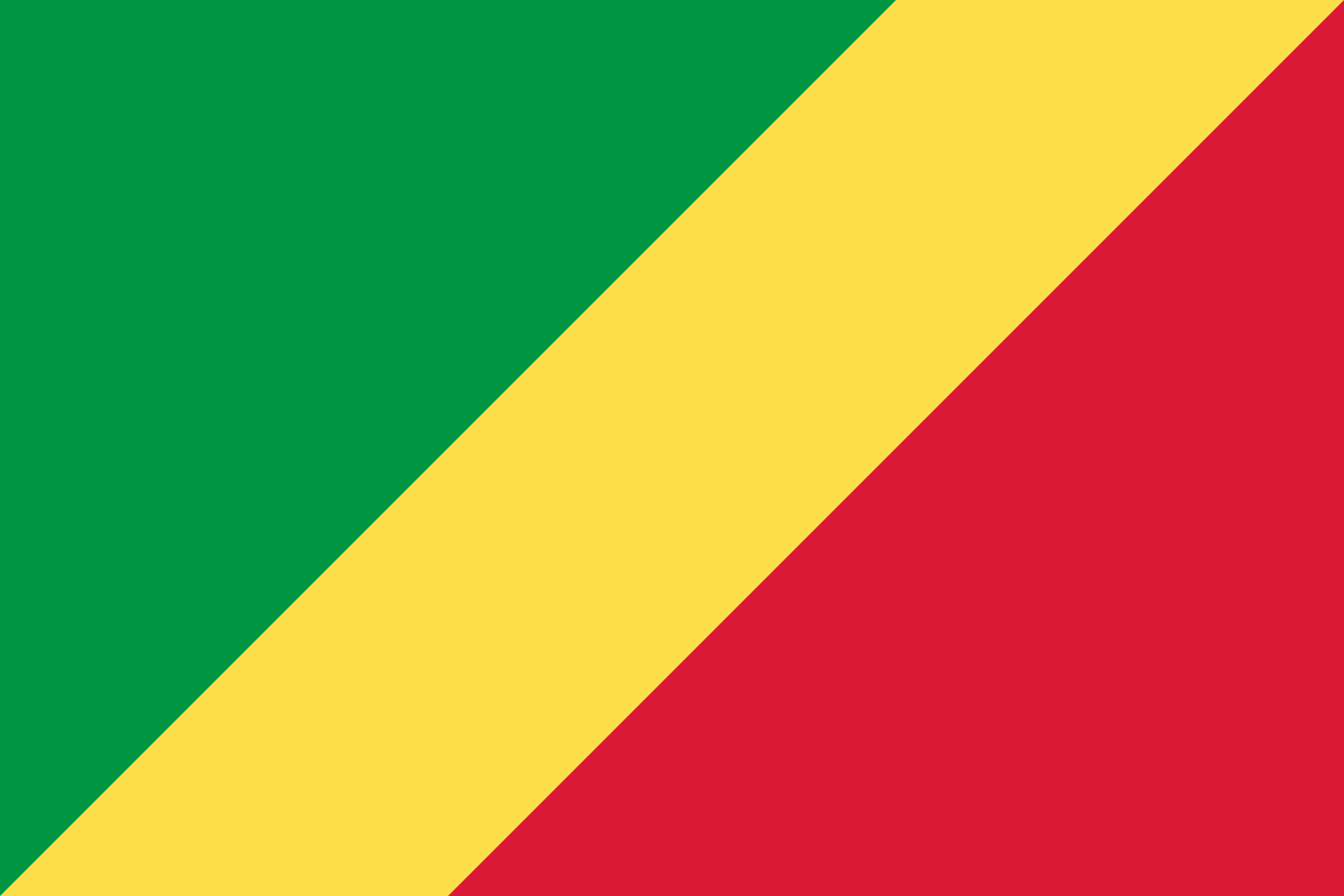Population
45,685,020
Last updated:
1 NovArea
2,780,400 km2
Last updated:
1 NovCurrency
Argentine peso ($) (ARS)
Last updated:
1 NovOfficial Language
Spanish
Last updated:
1 NovPhone code number
+54
Last updated:
1 NovInternet TLD
.ar
Last updated:
1 NovAverage monthly salary
550 $
Last updated:
1 NovTotal millionaires
37,500 persons
Last updated:
1 NovTotal billionaires
4 persons
Last updated:
1 NovMilitary power
Passport rank
20
Last updated:
1 NovVisa free
170 country
Last updated:
1 NovReligions in Argentina
79.6% Christianity
62.9% Roman Catholic
15.3% Protestant
1.4% Other Christian
19.2% No religion
1.2% Other
Info about Argentina (History)
Argentina is a country in the southern half of South America. It shares most of the Southern Cone with Chile to the west and borders Bolivia and Paraguay to the north, Brazil to the northeast, Uruguay and the South Atlantic Ocean to the east, and the Drake Passage to the south. Argentina covers an area of 2,780,400 km2 (1,073,500 sq mi), making it the largest Hispanic country globally. It is the second-largest country in South America after Brazil, the fourth largest country in America, and the eighth-largest country globally. Argentina is divided into twenty-three provinces and one autonomous city, the federal capital and largest city in the country, Buenos Aires. The provinces and the capital have their constitutions, but they exist within the national system. Argentina claims sovereignty over Antarctica, the Falkland Islands, South Georgia, and the South Sandwich Islands.
The earliest recorded human presence on the territory of modern Argentina dates back to the Paleolithic period. The Inca Empire expanded to the northwest of the country in pre-Columbian times. The country had its roots in the Spanish colonization of the region in the 16th century. Argentina grew up as the successor state to the Viceroyalty of Rio de la Plata, the Spanish overseas Viceroyalty, founded in 1776. The proclamation of independence and the struggle for independence (1810–1818) was followed by a prolonged civil war, which lasted until 1861, completing the country's reorganization into a federation. After that, relative peace and stability reigned in the country, with several waves of immigration from Europe, mainly Italians, and Spaniards, radically changing its cultural and demographic views; more than 60% of the population is of full or partial Italian descent, and Argentine culture has significant links with Italian culture.
Almost unprecedented growth in prosperity led Argentina to become the seventh-largest country in the world by the beginning of the 20th century. In 1896, Argentina's GDP per capita exceeded the United States and was consistently in the top ten until at least 1920. It is currently ranked 71st in the world. After the Great Depression of the 1930s, Argentina plunged into political instability and economic recession, throwing it back backward. However, for several decades, it remained among the fifteen most prosperous countries. Following the death of President Juan Perón in 1974, his widow and vice-president Isabel Martinez de Perón took over as president and was then ousted in 1976. The subsequent military junta persecuted and killed thousands of political critics, activists, and leftists in the government. A dirty war, a period of state terrorism and civil unrest that lasted until Raoul Alfonsin was elected president in 1983.
Argentina is a developing country that ranks very high on the Human Development Index, ranking second in Latin America after Chile. It is a regional power that retains its historic status as a middle power in international affairs. It supports the second-largest economy in South America and is a member of the G-15 and G20. Argentina is also a founding member of the United Nations, the World Bank, the World Trade Organization, MERCOSUR, the Community of Latin American and the Caribbean States, and the Organization of Ibero-American States.
Important information about Argentina
1- What is the population of Argentina?
answer: The total population of Argentina is 45,685,020 in 2021.
2- Who is the president of Argentina?
answer: Alberto Fernández is the current president of Argentina.
3- What is the area of Argentina?
answer: The total area of Argentina is 2,780,400 km2 .
4- What is the official language of Argentina?
answer: The official language of Argentina is Spanish .
5- What is the currency of Argentina?
answer: The currency of Argentina is Argentine peso ($) (ARS) .
6- How much is the average salary in Argentina?
answer: The average salary in Argentina is 550$ in 2021.
7- What is the passport rank of Argentina?
answer: The passport rank of Argentina is 20 in 2021.
8- How many countries we can travel with passport of Argentina without visa?
answer: You can travel to 170 countries with passport of Argentina .
9- What is the phone number code of Argentina?
answer: The phone number code of Argentina is +54 .
10- What is internet TLD of Argentina?
answer: The internet TLD of Argentina is .ar
11- How many billionaires are in Argentina?
answer: The total number of billionaires in Argentina is " 4 person" in 2021.
12- How many millionaires are in Argentina?
answer: The total number of millionaires in Argentina is " 37,500 person" in 2021.





